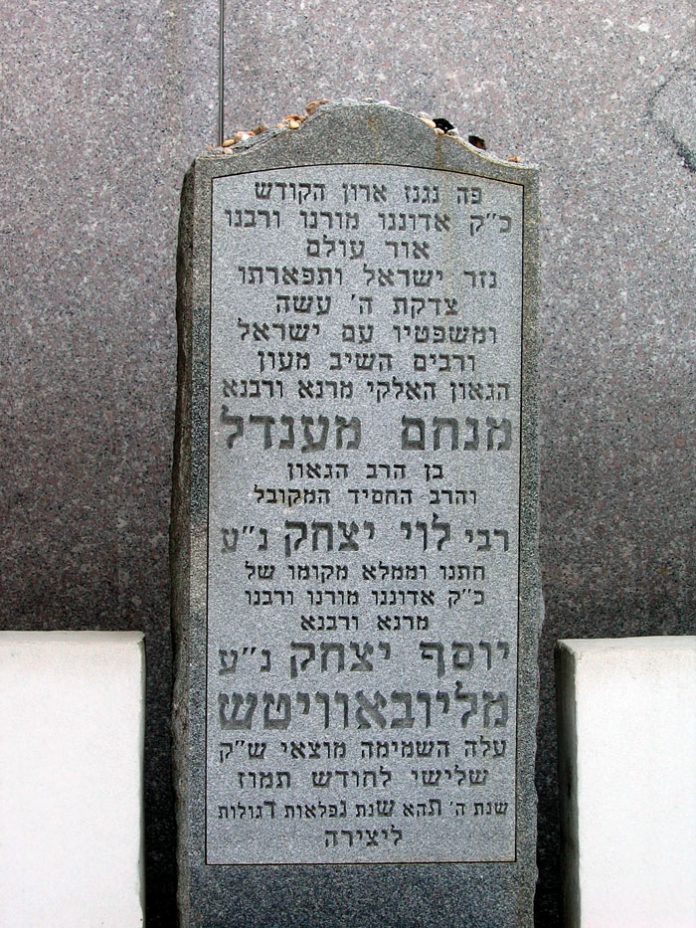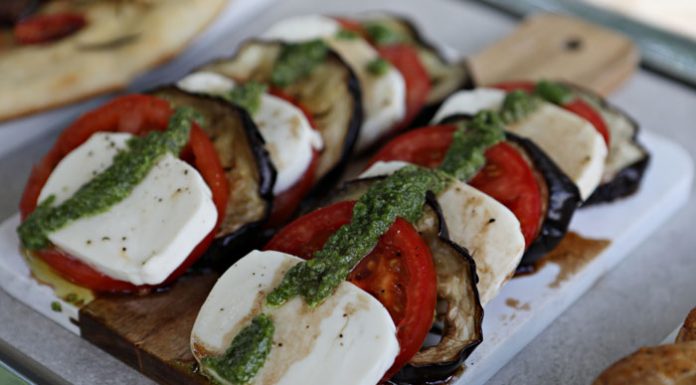I come from a family of Holocaust survivors. During the war, my father was incarcerated in Mauthausen in Austria, and my mother was hidden by peasants in Belgium. After the war, they both came to America and settled in Borough Park, where I was born and raised.
Although my father did not have a chasidic background, he made sure that I was exposed to chasidic teachings. He wanted me to experience the whole spectrum of Yiddishkeit—the modern side, the chasidic side, and the non-chasidic side—to see what it’s all about. That way, wherever I found myself, I’d be able to fit in.
When I was about seven years old, he took me to the courts of Satmar and Bobov and also to the farbrengens of Lubavitch. After my bar mitzvah in 1973, he arranged for me to get a blessing from the Lubavitcher Rebbe.
That summer, as a birthday present, my parents sent me to a summer camp in Israel. When I came home, naturally, I was expecting my parents to be waiting for me at the airport, but unfortunately they were not there. Instead a friend of the family was waiting for me. He told me that my father had been diagnosed with colon cancer and was about to undergo surgery. He drove me straight from JFK to Sloan Kettering Hospital. From that point on my father’s health deteriorated although they treated him with chemo. He lived three-and-a-half more years.
It was Taanis Esther, the fast day just before Purim of 1975, when his situation worsened, and I accompanied him to the hospital. After they examined him, the doctors called me in and said, “You’d better go home; your father is staying here tonight.” They recommended another operation, but they just opened him up and closed him right back. There wasn’t much that they could do, only try to make the end as painless as possible.
Of course, we didn’t want to give up, so we went to several rebbes for blessings, and to doctors of alternative medicine. In the meantime, my father was losing weight rapidly. He was five-foot-six, but he weighed barely 90 pounds. Nothing was working.
And then one cousin suggested, “You should go see the Lubavitcher Rebbe.”
By then, it was winter—the first week of the month of Kislev, just before Chanukah. Five of us went: my father, my mother, my grandmother, my sister and me. My father looked very haggard. His face had lost its luster; he had a gray pallor. He looked like the walking dead.
We entered the Rebbe’s office; I stood in the back of the room, as my father spoke quietly with the Rebbe for a few minutes. When it was time to leave, we all began to file out, when suddenly the Rebbe said to me, “You stay.”
That made me very, very nervous. I was already anxious with everything that was going on—I was only a teenager at the time—and now the Rebbe wanted to talk to me alone?
The Rebbe beckoned me. “Come over,” he said, gesturing that I should approach. Then he walked over to his bookshelf, pulled out a volume of the Talmud, and said to me in Yiddish:
“Your father is extremely sick now; he’s near the end. G-d will help, but your father will be depressed, and you’re going to be depressed. You’ll need something to give you strength. I want to teach you something that will help keep you going.”
He opened up Maseches Brachos to page 10a, and he began to teach me the story from the Second Book of Melachim that the Gemara discusses there:





















